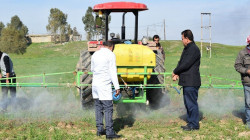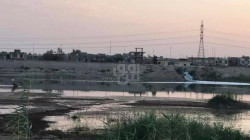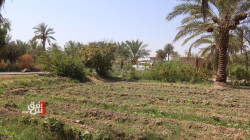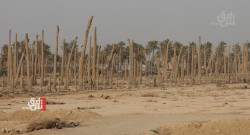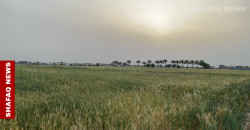Point of no return? Iraq's fight to save its environment
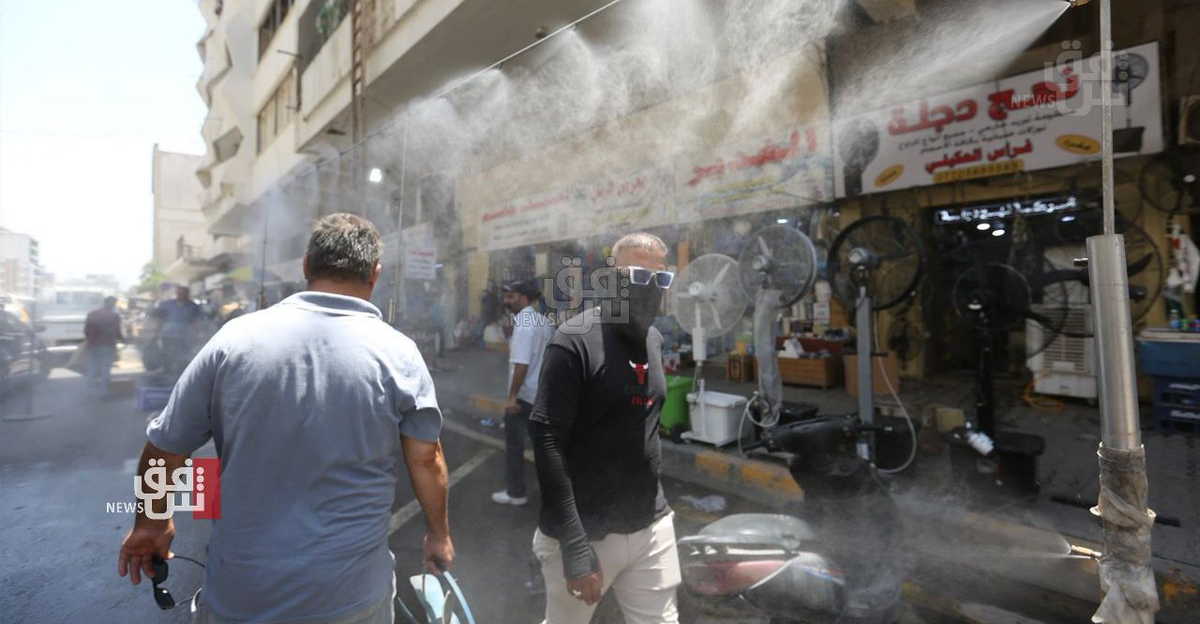
Shafaq News/ Iraq faces an escalating environmental crisis ahead of summer, with severe drought, shrinking water supplies, and desertification threatening the country, the Iraq Green Observatory warned on Friday.
Southern and central provinces are most exposed, where green belts have receded and orchards have been lost due to chronic water shortages. Uncontrolled urban expansion continues to displace farmland, accelerating air pollution and degrading climate resilience.
Omar Abdul Latif, a member of the Observatory, said afforestation campaigns often fail due to poor planning and lack of irrigation. “Summer brings catastrophic conditions for Iraq,” he stated, calling for tree planting only in areas with guaranteed water access.
He also urged stricter enforcement against illegal logging and land clearance, warning that desertification already affects 60% of Iraq’s territory and is likely to expand further.
The Observatory called for joint efforts by the ministries of environment, agriculture, and water resources to address the crisis through a coordinated national response.
Water shortages have worsened in recent years. Iraq’s General Authority for Dams and Reservoirs attributed the sharp decline in Tigris and Euphrates river inflows to reduced rainfall and snowmelt upstream. On April 20, the agency’s director, Wissam Khalaf Obeid, told Shafaq News that while reserves are limited, water for drinking and essential needs is secured for this year and next.
Additionally, Abdul Latif forecast in February record-high summer temperatures in Iraq, driven by unchecked climate change and declining river levels.
Iraq is among the five countries most vulnerable to climate change globally, according to the United Nations. The World Bank has also warned of an urgent climate emergency, urging Iraq to adopt a greener growth model and reduce its dependence on fossil fuels.
The Strategic Center for Human Rights reported earlier this year that Iraq has lost 30% of its arable land over the past three decades due to prolonged environmental degradation.
The Agriculture Ministry estimates that more than 15 billion trees are needed to restore vegetation and reverse desertification. Environmental experts say such large-scale reforestation could help reduce pollution from industrial activity and vehicle emissions.
Each year, Iraq loses an estimated 100,000 dunams (100 million square meters) of land to desertification. Water shortages have reduced the country’s farmland by 50%, according to official data.
The UN Food and Agriculture Organization reports that forests now cover only 8,250 square kilometers—just 2% of Iraq’s total land area.
